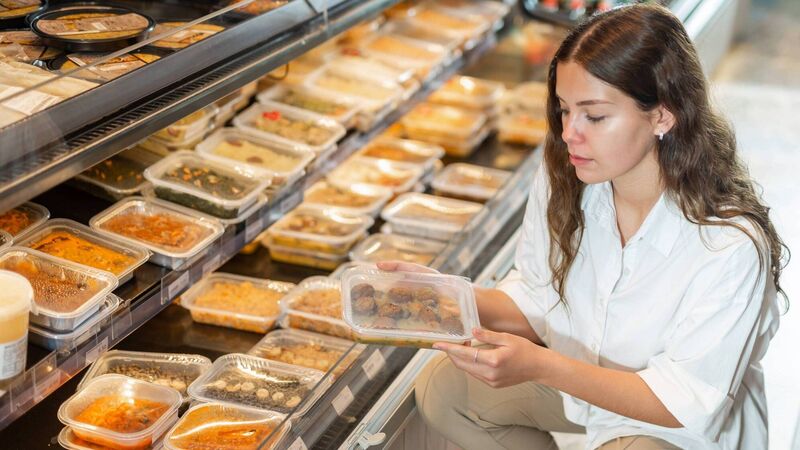Michelle Darmody: Ireland could lead the way in ultra-processed foods control

We need food policies that help us buy a less processed option at a cheaper cost and help us make informed and healthy choices for ourselves and our families. File photo
Food labels do not tell the whole story. The report titled 'Ultra-processed foods: time to put health before profit', clarifies that ultra processed food, or as they are known, UPFs, are damaging both our mental and physical health, leading to chronic disease and premature death.
Most people can point out junk food — the treats children get at parties, bags of jellies, crisps, fizzy drinks. It is not as easy to classify what a UPF is as they are dotted throughout the modern diet. The term comes from research carried out in Brazil, where a four-part scale was devised to classify food. It is now called the Nova scale.















